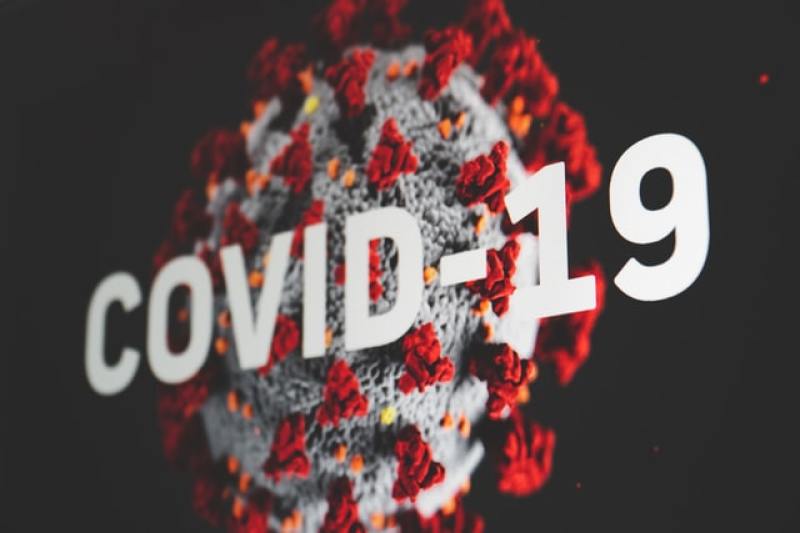
The U.S. National Institutes of Health (NIH) had been instructed to delete key information on COVID during the early days of the pandemic. The people who gave the order? Chinese scientists who wanted to remove gene sequences of early COVID cases from a scientific database. The NIH admitted to deleting such sequences upon the request of the very same Chinese researcher who submitted it three months prior to his request.
"Submitting investigators hold the rights to their data and can request withdrawal of the data," the NIH said in a statement, as reported by the Wall Street Journal. However, the removal of key gene sequencing data would have been vital in determining the true origins of COVID. The news comes from a paper posted by Jesse Bloom, a virologist at the Fred Hutchinson Cancer Research Center in Seattle.
Dr. Bloom's paper, which has not yet been peer reviewed, claims that the missing data "include sequences from virus samples collected in the Chinese city of Wuhan in January and February of 2020 from patients hospitalized with or suspected of having COVID."
Vaughn S. Cooper, a University of Pittsburgh evolutionary biologist commented, "It makes us wonder if there are other sequences like these that have been purged."
According to WND, Dr. Bloom posited that the removal of early COVID data from the NIH database create a "somewhat skewed picture of viruses circulating in Wuhan early on." He added that he was able to retrieve the deleted files from the Google Cloud and managed to reconstruct partial sequences of 13 coronaviruses.
In the paper, Dr. Bloom admitted that China's reluctance to disclose more of the limited data they already have has made it difficult to find the original virus. However, he believed he had enough raw data to conclude that COVID had made its way around Wuhan before it was detected in people who had contact with the wet market, a theory supported by recent reports that said Chinese researchers in Wuhan fell ill with COVID-like symptoms as early as November of 2019.
Republican Senator Josh Hawley on Thursday sent a letter to health officials to launch an investigation into why the NIH would remove such crucial early COVID data from the database, Human Events News reported. He was concerned that this data would be able to finally determine where COVID came from and how long it had been circulating in Wuhan before it broke out in the wet market in December 2019.
"In order to properly investigate the origins of the devastating COVID-19 pandemic - and to prevent future pandemics from occurring - investigators need access to information," Sen. Hawley argued in the letter. "These efforts are already hampered by the paucity of data from the early cases of the virus in Wuhan."
The senator also expressed his frustration with the NIH, saying, "I'm growing concerned that the NIH is not taking the CCP's obstruction and its motives seriously, especially following evidence that NIH dollars may have found their way to the Wuhan Institute of Virology."
The NIH has been linked to EcoHealth Alliance, a nonprofit that funds virus research and has been known to be working with Chinese virology labs on researching coronaviruses. EcoHealth Alliance head Peter Daszak told The Lancet, "EcoHealth Alliance's mission is to develop science-based solutions to prevent pandemics and promote conservation. Funding for this work comes from a range of US Government funding agencies and non-governmental sources."
"EcoHealth Alliance's work in China was previously funded by the U.S. National Institutes of Health (NIH) and the United States Agency for International Development (USAID)," Daszak admitted.



























